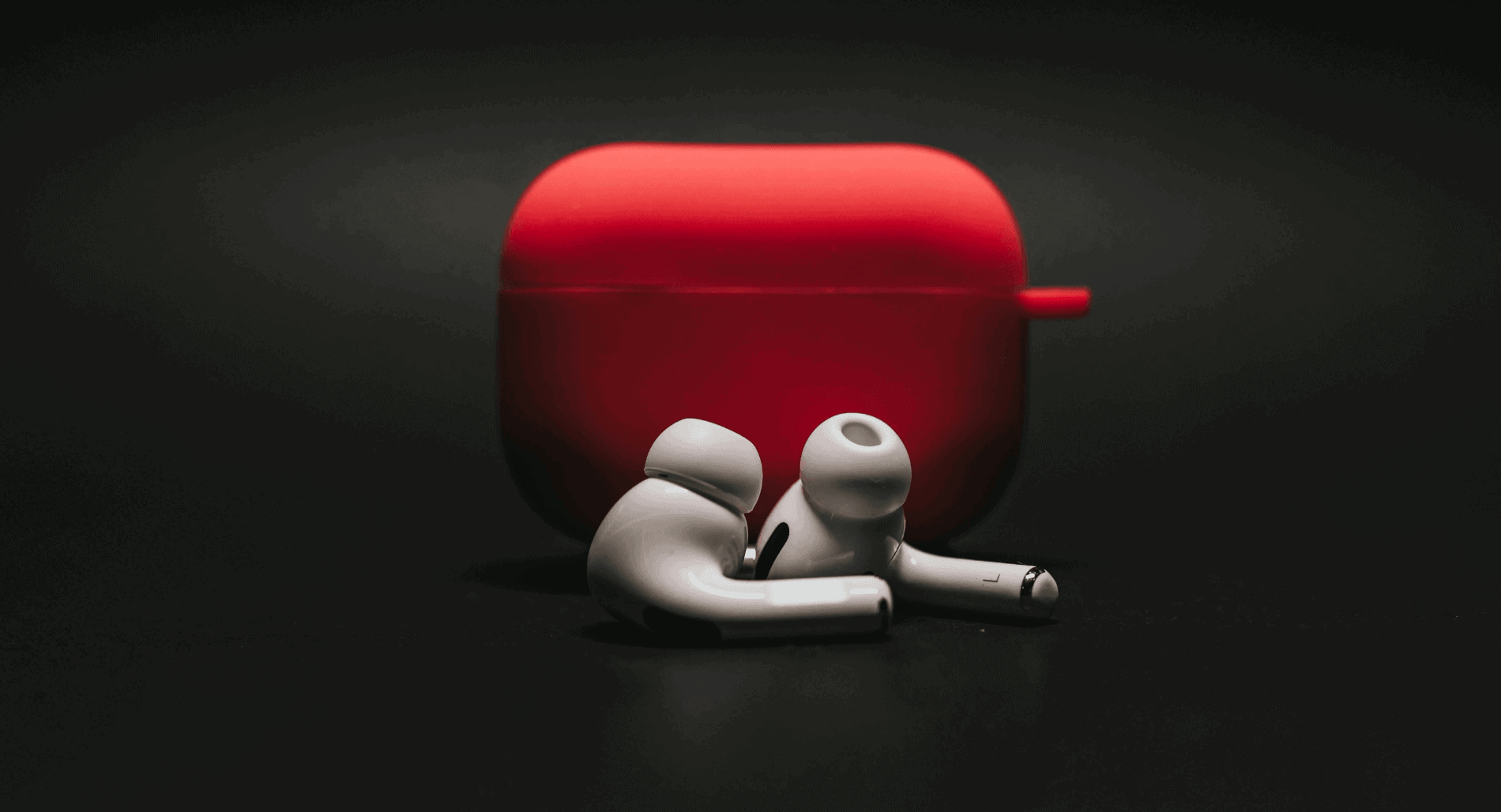
Music is a universal language that brings joy, evokes emotions, and connects people. However, there is a growing concern about the potential impact of music on hearing health. As technology advances and personal listening devices become more popular, the risk of hearing damage increases. This raises an important question: Is music to blame for hearing loss?
The Connection Between Music and Hearing Loss
Exposure to loud music, whether at concerts, through headphones, or in other settings, can lead to hearing loss. The human ear is sensitive to sound, and prolonged exposure to high volumes can damage the delicate hair cells in the inner ear. These hair cells are crucial for translating sound waves into electrical signals that the brain interprets as sound. Once damaged, these cells do not regenerate, leading to permanent hearing loss.
The Role of Volume and Duration
Two main factors contribute to music-related hearing loss: volume and duration. Listening to music at high volumes, especially through earbuds or headphones, can significantly increase the risk of hearing damage. Many personal listening devices can produce sound levels above 100 decibels (dB), which is comparable to the noise of a chainsaw or a rock concert. Prolonged exposure to such high sound levels can quickly cause hearing loss.
Duration of exposure also plays a crucial role. Listening to music at a moderate volume for an extended period can be just as damaging as short bursts of very loud music. For example, listening to music at 85 dB for more than eight hours can cause the same level of hearing damage as listening to music at 100 dB for 15 minutes. Therefore, it is essential to manage both the volume and the duration of music exposure to protect your hearing.
Warning Signs of Hearing Damage
It is important to recognize the early warning signs of hearing damage to prevent further loss. Common signs include difficulty understanding speech, especially in noisy environments, a feeling of fullness or ringing in the ears (tinnitus), and the need to increase the volume on electronic devices. If you notice any of these symptoms, it is crucial to schedule a hearing health exam with a provider. Early detection can help manage and mitigate the effects of hearing loss.
Protecting Your Hearing
Fortunately, there are several ways to enjoy music while protecting your hearing. One of the most effective methods is to follow the 60/60 rule: listen to music at no more than 60% of the maximum volume for no longer than 60 minutes at a time. This simple guideline can significantly reduce the risk of hearing damage. Additionally, using noise-canceling headphones can help. These headphones block out background noise, allowing you to listen to music at lower volumes without compromising sound quality.
Another important step is to take regular breaks from listening to music, giving your ears time to rest and recover. This is especially crucial during long listening sessions. Also, consider using earplugs at concerts or in other loud environments to reduce the overall sound exposure. High-fidelity earplugs are designed to lower the volume without distorting the music, making them an excellent option for music lovers.
The Importance of Regular Hearing Health Exams
Regular hearing health exams are essential for maintaining good hearing health, particularly for those who frequently listen to music. A provider can assess your hearing ability, detect early signs of hearing loss, and provide personalized advice on protecting your hearing. They can also recommend appropriate hearing protection devices and offer guidance on safe listening practices. By scheduling regular hearing health exams, you can proactively manage your hearing health and enjoy music without compromising your hearing.
While music can be a source of immense pleasure and connection, it is important to be aware of its potential impact on hearing health. By understanding the risks associated with loud and prolonged music exposure, taking steps to protect your hearing, and scheduling regular hearing health exams, you can enjoy music safely and preserve your hearing for years to come. Remember, your hearing is precious, and taking care of it will allow you to continue enjoying the sounds you love.
